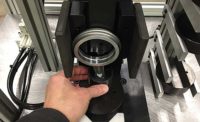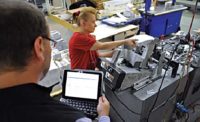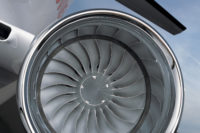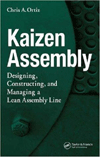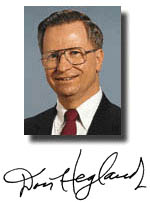
So the recently released results from the Third International Mathematics and Science Study-Repeat are profoundly disturbing. These results showed that American eighth-graders were outperformed in math and science by students in more than a dozen nations, including Singapore, Taiwan, South Korea, Japan, Hong Kong, Belgium and the Netherlands. France and Germany did not participate in the test but given the track record of German students it is likely that they, too, would have outperformed their American counterparts.
The results are particularly disappointing, says Alvin P. Sanoff, because in recent years one blue ribbon commission after another has issued warnings about the perilous state of science and math education in the nation's schools, yet little has changed. Writing in Prism, the journal of the American Society for Engineering Education, Sanoff notes that engineering educators have long realized that they have a major stake in the quality of science and math teaching at the K-12 level.
In a report entitled "Before It's Too Late" the National Commission on Mathematics and Science Teaching for the 21st Century warned that time is running out for action. Chaired by former Sen. John Glenn, the commission laid out an ambitious agenda to improve the performance of American students, including a $5 billion program to upgrade the quality, skills and knowledge of math and science teachers.
Sanoff reports that numerous colleges and universities are developing initiatives to help classroom teachers do a better job of attracting students to math and science. For example, a program at Renssalaer Polytechnic Institute's Center for Initiatives in Pre-College Education focuses on working with students and teachers in elementary schools in the Troy, NY, area. The University of Michigan has developed a partnership between education and engineering faculty members, with the goal of improving math and science education. And The Ohio State University has gone a step further; its College of Mathematics and Physical Sciences has hired a director of math and science education who is working with OSU's College of Education to increase the number of ed-school students who will become math and science teachers.
Although Sanoff says there is no indication thus far that the proliferation of programs is likely to measurably change the performance of U.S. students in science and math, these programs and others like them hold out the best hope for improving performance. And until there is measurable and significant improvement, manufacturing excellence in the United States will remain at risk.

